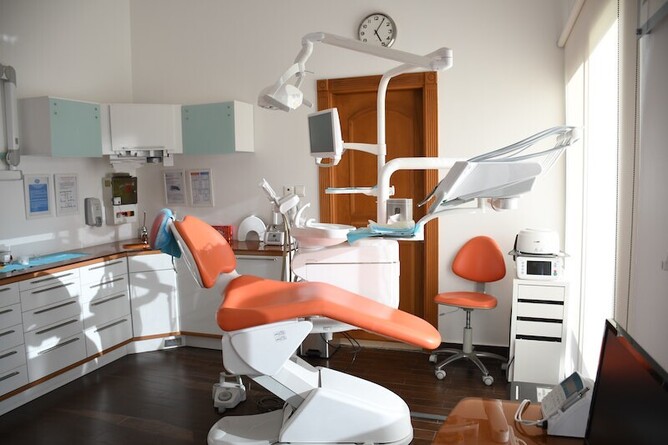Over the last few months, we've reported several sectors falling under HMRC scrutiny. The next target looks to be associate dentists, causing potential disruption for practices and professional clinics.
Conventionally, HMRC considers associate dentists self-employed, although this has been a somewhat informal arrangement. However, this system is based on a standard associate dentist agreement approved by bodies such as the Dental Practitioners Association and the British Dental Association.
From the start of the new 2023-24 tax year this April, HMRC has decided to withdraw guidance whereby associates working in another practice could be treated as self-employed, impacting tax obligations for both parties.
Changes to Tax Reporting Guidance for Dentists in 2023
In effect, this change means that every dentist could be subject to a tax assessment depending on the nature of their work as an associate – determining whether they are truly self-employed or should be considered an employee.
The updates align dentistry with the rules around IR35 off-payroll working, but the complication is that this long-standing precedent is used across the sector. Associate dentists work in practices owned by another professional but are normally self-employed and may work across several practices to provide additional capacity.
From April, HMRC directs dentists to use the Check Employment Status for Tax tool to determine whether the associate can continue to submit self-assessment tax returns or needs to be onboarded to the practice payroll if they expect to continue the post.
If the tax office decides to challenge a tax classification or assesses the dentist as employed rather than self-employed, the practice becomes liable for National Insurance contributions and PAYE deductions.
This outcome may pose a significant issue, particularly if practices decide not to proceed or reduce patient services to avoid employing associates as staff.
Concerns Around HMRC Rule Changes Reducing Access to NHS Dentistry
Dentistry costs have risen alongside all others, and the lack of availability in some parts of the UK means NHS patients simply cannot register with a practice or receive routine check-ups and treatments.
In December 2022, 40% of people were reportedly seeking emergency treatments, with 47 million appointment spaces lost since the Coronavirus lockdowns.
Changes to tax rules that further reduce capacity could cause the current health crisis to worsen and impact practices that rely on associate dentists to provide reliable services.
What Happens if HMRC Disagrees With an Associate Dentist’s Tax Status?
Practices that are found to be acting as employers will be liable for NIC and income tax.
The tax office has yet to confirm whether it will investigate cases retrospectively. Still, it could look at dentists' tax returns over the last four to six years and impose tax levies against dental practices it deems non-compliant.
While tax and National Insurance already paid by associate dentists through self-employment tax returns may offset the charges, a practice could be exposed to repayments of past NIC obligations of between 13.8% and 15.05% based on the amount paid to associates.
Costs could be astronomical and cause independent practices to close altogether, causing significant concern throughout the public and private healthcare sectors about what this may mean for patients.
If you are concerned about the possible impacts on your practice, tax liabilities or position or would like advice about HMRC Fee Protection Insurance and other services, please contact the SAS Accounting team at your convenience.


